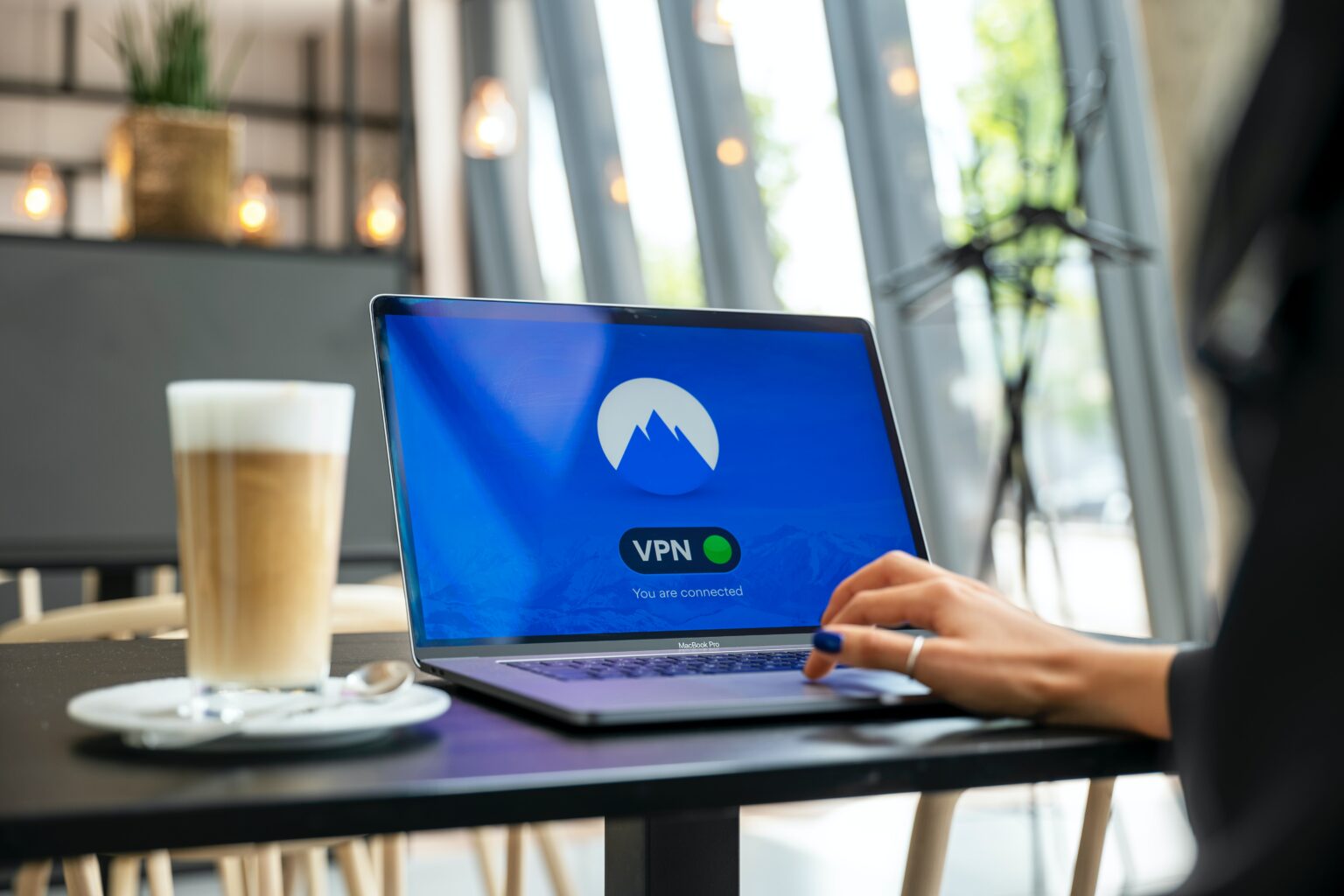WHAT HAS CHANGED AND HOW IT IMPACTS YOUR PRIVACY
The Indian government’s new arrangement will drive virtual private organizations (VPNs) to hold client information for quite some time. This order will probably make it challenging for VPN organizations to oversee and for clients to use the help in India.

On April 28, India’s online protection guard dog CERT-In gave new guidelines that require organizations offering virtual private organizations (VPNs) to safeguard a wide scope of information on their clients, including their contact numbers, email IDs and IP addresses, for a considerable length of time.
Organizations are additionally expected to report network protection occurrences to CERT in no less than six hours of becoming mindful of them.
The Indian government has been ambling gradually to pass and institute an information insurance bill beginning around 2017. A few endeavours have been taken without a last bill that could be put to cast a ballot, including boards of trustees to study and draft a bill grounded on security, a few bills to safeguard information and one more joint parliamentary panel to recommend how the bill ought to be gotten to the next level.
In spite of these moves, we actually don’t have a last information insurance bill or lucidity on where things are presently. Notwithstanding, this deferral has not prevented the public authority from giving mandates to oversee and control homegrown information.
On 4 May 2022, the Indian government commanded virtual private organization (VPN) organizations working in India to gather clients’ information for government use or, in all likelihood face reformatory activity, including stopping tasks. The move proposes that the public authority will impossibly move a long way from making an information insurance structure that works with the control of individual information created in India, regardless of established and political contemplations.

The VPN order doesn’t come as a shock for those intently watching India’s information assurance direction. In addition, it uncovers that the postponement toward a last information assurance bill could be driven by network safety contemplations, given the rising spate of digital episodes and assaults. Beginning around 2018, India has encountered a flood in digital breaks, assaults and wrongdoing.
Last year, five genuine information breaks prompted the information of in excess of 110 million clients released on the web, with the expenses of such breaks and occurrences mounting. To be sure, the VPN request was declared by India’s Computer Emergency Response Team (CERT-IN), an organization under the Ministry of Electronics and Information Technology that arrangements with security dangers to India’s web.
The service’s order is scheduled to produce results from 27 June 2022; however, government authorities might postpone execution to permit time for consistence.
As of recently, it was guessed that the deferral in passing the information security bill was generally because of parliamentary system to guarantee that all entertainers were given due thought before the structure was concluded.
Notwithstanding, there means that the public authority mellowed its underlying situation on information localisation in the bill because of unfamiliar, strikingly huge tech, strain to make it simpler for them to process and transport information they gather from Indian clients. Left uncovered was the online protection story, which currently gets investigation through these standards.
India’s feeble online protection might actually influence the viability and extent of the information insurance bill since it includes the security and uprightness of information.
Yet, what is a VPN, and what will the new standards mean for you?
What is a VPN?
A VPN is a help that safeguards clients online by forestalling their IP address from being followed by sites, policing, cybercriminals and others. Corporate workers are the most successive VPN clients, basically for safely getting to organization organizations.
What will the new standards mean for VPN organizations and clients?
With the new principles, VPN organizations will be compelled to change to capacity servers, which will expand their expenses and wipe out their centre capacity — client protection.
Inability to keep the guidelines will draw in punishments for VPN suppliers. Assuming they all won’t consent; VPN administrations will successfully become unlawful in India.
Clients, aside from possibly having their protection information presented to the public authority
What has the response been?
Top VPN suppliers NordVPN and Netherlands-based Surfshark have would not consent to the public authority request up to this point, with Nord proposing it could leave the country.
“Right now, our group is examining the new mandate as of late passed by the Indian government and investigating the best game-plan. As there are currently no less than two months left until the law becomes effective, we are as of now working to the surprise of no one. We are committed.
Which nations have prohibited VPNs?
Presently, a small bunch of legislatures either manage or altogether boycott VPNs. These incorporate China, Belarus, Iraq, North Korea, Oman, Russia, and the UAE. Different nations have web control regulations, which make utilizing a VPN hazardous.
In particular, the CERT-IN request requires VPN organizations to gather broad client information and hold it for a long time. The information gathered will incorporate contact subtleties, approved physical and IP addresses, VPN utilization designs and by and by recognizable data. Inability to outfit required data could bring about correctional activity for these organizations, including conclusion. These guidelines will likewise apply to all cloud specialist organizations and virtual private specialist organizations.
Notwithstanding this new request, the public authority has asked VPNs, specialist organizations, delegates and server farms to report any breaks or holes in somewhere around six hours of them being hailed, without a doubt a troublesome errand. Most VPNs, as a matter of fact, work without gathering such private subtleties and offer types of assistance that evade the assortment of individual information. India’s new standards might actually make it extremely challenging for them to work.

VPN administrators like Nord, Proton, Express and Surfshark have dismissed the principles and government’s thinking. This large number of suppliers have clarified that they won’t follow these new guidelines since it is actually infeasible for them to do as such. A portion of these organizations could likewise pull out of India to keep away from consistence or in light of the fact that they have no actual presence in India to go along and circle back to the public authority.
Windscribe, one VPN administrator, censured the standards for being more rigid than that of China and Russia. It merits watching whether these VPN administrations make India-explicit VPNs that will comply with the public authority’s new order since Indian corporate organizations, particularly from the data innovation area, are significant clients of these VPNs and cloud-based assistance administrators and assuming they will require their administrations regardless of new standards.
Indian firms will require these administrations to keep overseeing and directing their tasks, which makes living without a VPN unviable.
In any case, from an information insurance point of view, these VPN moves, which might seem tough or coercive to some, network with the Indian government’s longing to put the state at the focal point of all information assortment hubs prior to making a system that inserts those exercises. Security seems non-existent as vital or objective. All things considered, the public authority is centred around computerized and network protection.
Apparently, programmers and digital soldiers of fortune are utilizing VPNs to send off digital assaults on government organizations and private firms. These new mandates, but wide and burdensome, are intended to dissuade and relieve those assaults by constraining VPNs and related suppliers to track their client exercises on the web.
Read More : Rutube a Russian Platform Hit By a Cyberattack













